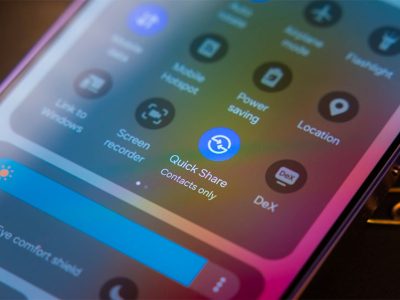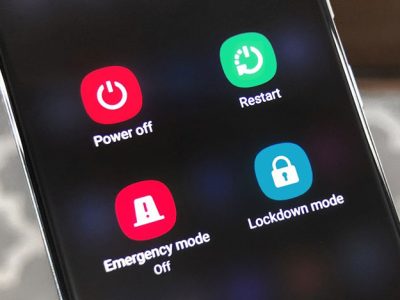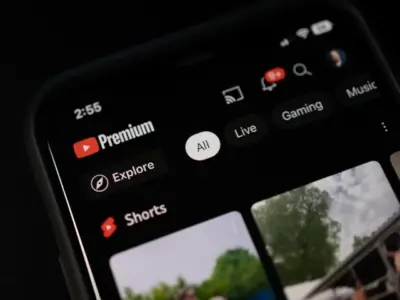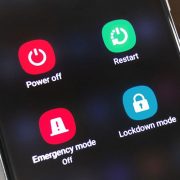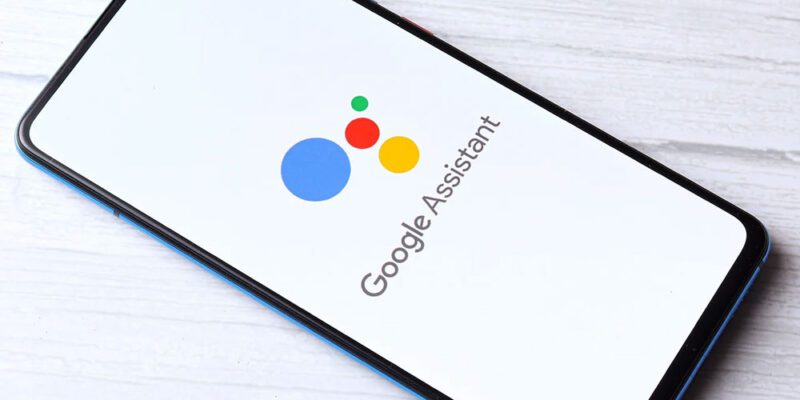
Several “underutilized” Google Assistant functions, such as the ability to use your voice to send an email, video, or audio messages, may soon be entering the infamous Google graveyard, as the search giant announces improvements that it claims would make the tool easier to use. The microphone in the Google app and Pixel Search bar will also be altered.
According to 9to5Google, starting January 26th, customers who activate any of the 17 Assistant capabilities being withdrawn will be told that it is being terminated, with the majority of functions disappearing for good on February 26th. This comes less than a day after Google announced the layoff of approximately 1,000 employees, some of whom worked on Google Assistant.
The removal of Assistant features will affect smartphones, smartwatches, and smart speaker/display devices, however, Google offers workarounds to replace some lost functionality. Some features, such as the Calm meditation service integration, are being phased out completely. Many of the eliminated functions are not directly similar to the alternatives provided to users.
Here is Google’s complete list of what is being removed:
Using your voice to play and control audiobooks on Google Play Books. You can still use your mobile device to cast audiobooks.
On Google Assistant-enabled devices, you can set or use media alarms, music alarms, or radio alerts. You can utilize a basic alarm or construct a custom Routine with comparable behavior.
Accessing or maintaining your cookbook, transferring recipes from device to device, playing an instructional recipe video, or displaying step-by-step recipes are all examples of how you can use it. You can use Google Assistant to find recipes on the web and on YouTube.
Using a stopwatch on a Smart Display or Speaker. Timers and alarms are still functional.
Calling a device or broadcasting a message to your Google Family Group using your voice. You can still broadcast to your home’s gadgets.
Sending an email, video, or audio message using your voice. You can still make phone calls and text messages.
Using your voice to reschedule an event in Google Calendar. You can still plan a new event.
To read and send messages, make calls, and manage media, use App Launcher in Google Assistant driving mode on Google Maps. You can still use Google Maps’ voice control in the same way.
Requesting to hear or arrange previously scheduled Family Bell announcements. A custom Routine with similar behavior can be created.
I’d like to meditate with Calm. You can still request meditation choices from media companies such as YouTube.
Fitbit Sense and Versa 3 devices will no longer support voice control for activities. To begin, stop, pause, and continue activities, utilize the buttons on your smartphone. Voice control is still possible with Pixel Watches.
Viewing your sleep summaries will be restricted to Google Smart Displays. On third-party smart clocks, you can still inquire for sleep details by voice.
Unless you use Duo, calls made from speakers and Smart Displays will not show a caller ID.
On Smart Displays, you may see the current “Commute to Work” time estimations. You can still use your voice to acquire commute times and directions.
Voice-checking personal travel itineraries. You can still inquire about flight status.
Requesting information about your contacts. You can still contact your contacts.
Requesting that particular tasks be performed via voice, such as sending a payment, making a reservation, or posting to social media. You can still request that Assistant open your installed apps.
The Google app is also getting some updates, which will now activate Search replies when the microphone icon is tapped. Users will no longer be able to use the Search bar microphone to perform operations such as turning on lights. This will also affect Pixel devices, as the microphone in the Pixel Search bar will now launch Voice Search rather than Assistant.
Streamlining what the Google Assistant platform can do may make it easier to use (or, at the very least, less confusing) in the long run, but the loss of functionality will undoubtedly be disruptive for individuals who rely on such functions. More information on the changes can be found on the Google Assistant help page.


